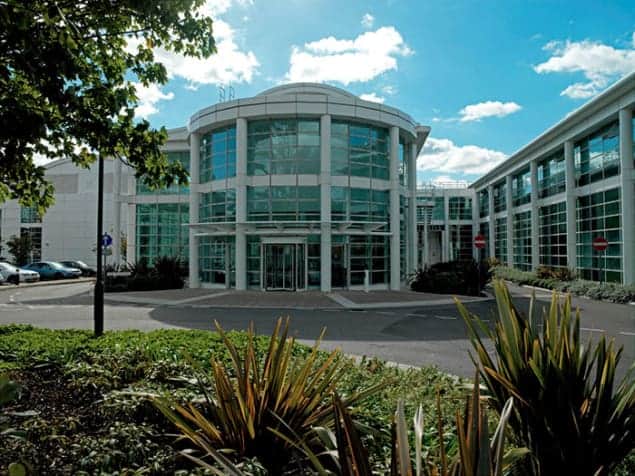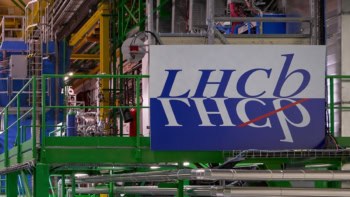
The UK’s National Physical Laboratory (NPL) – the country’s standards lab – is consulting on making up to 50 compulsory redundancies as it prepares to shift its research priorities towards quantum technologies and big data. The number of redundancies is due to be confirmed on 15 August, with the NPL expected to have already informed the UK government how many of the approximately 780 person workforce will lose their jobs.
Standard setting
Since it was founded in 1900 in Teddington, the NPL has set measurement standards in a range of areas from acoustics to neutron metrology. Recently, the NPL has put a greater focus on developing quantum technologies. It opened the Quantum Metrology Institute last year, which will develop the standards and tests needed for the UK to commercialize quantum technology. Other topics that have seen a more intense focus include medical physics, with an emphasis on cancer detection and treatment, and data science, including how to handle the vast volumes of measurements produced by modern techniques.
Lost experience?
According to Clive Scoggins – a negotiator for the Prospect union that represents NPL workers – the number of potential job losses could approach 70 when combined with voluntary redundancies, representing around 15% of scientific staff. Scoggins warns that Prospect members working at NPL are “extremely concerned” about the apparent lack of detail in plans so far communicated to staff. “Decades of scientific knowledge and experience may be lost before NPL is fully aware of what skills it may require to deliver an extraordinary level of impact in those new areas, as is expected of a world-leading national measurement institute.”
However, Fiona Auty, NPL’s head of communications, emphasizes that many could remain at the lab in different roles, because the lab currently has more than 50 vacancies. While Auty says that “no team is being lost”, she admits there are some areas that will be stopped, but would not say which ones due to the ongoing consultation process. “The NPL wants to invest in new areas and we cannot remain in every area, so this is not a headcount loss exercise but a changing of our science portfolio,” Auty told physicsworld.com. “We are investing where we believe metrology can make a huge difference to current and future areas of growth or challenge for the UK.”
A different mission
Glenn Martyna from the IBM Watson Research Center in New York, US, who is collaborating with the NPL in supervising a PhD student, recognizes that the revolution in big data is a challenge to manage. “The changes wrought by big data are changing NPL,” he says. “I expect both IBM and NPL to survive with slightly different missions.” Martyna’s PhD student is due to complete his course as originally intended, with Auty hoping the majority of the other students working with the NPL – including the 100 or so at its Postgraduate Institute – will likewise be unaffected. “A few will be impacted, but in every case we are looking to retain relationships and students in a way that is mutually sensible,” says Auty.
Quantum physicist Kai Bongs from the University of Birmingham, who collaborates with NPL researchers, is surprised by the changes but is happy that quantum technology will benefit. “Although in the short term there will be some pain, the longer term benefits could be substantial,” he says.



